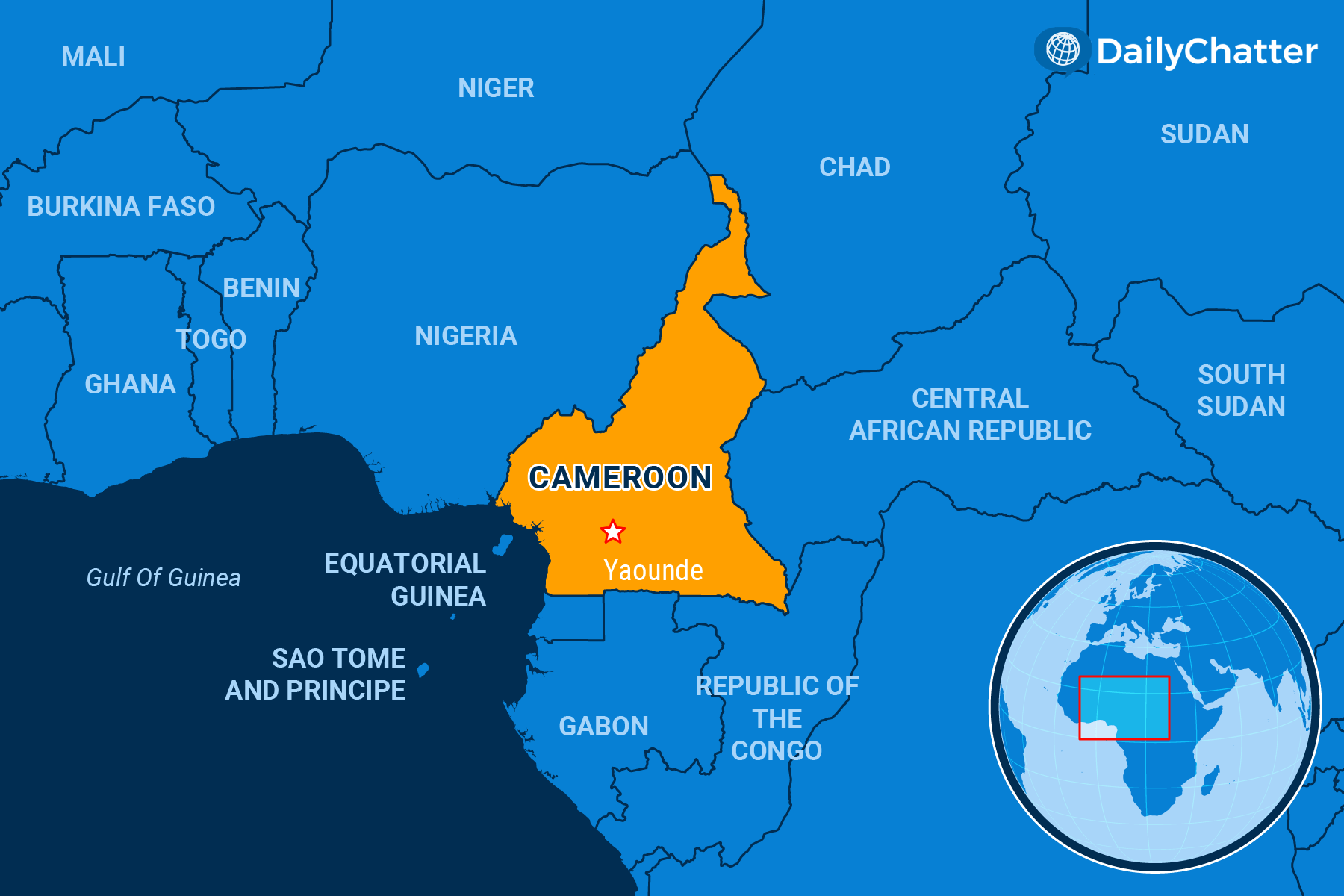The War Dividend

A few months ago, elite government soldiers in Ndop in the Northwest region of Cameroon detained more than 30 young men on motorcycles who were part of a funeral procession, but whom the soldiers said they believed were separatist fighters.
“The soldiers selected those among us who had dreadlocks,” one rider who was later released told Human Rights Watch (HRW). “For them, this is an indication that you are an amba boy (separatist fighter). They forced us to undress and beat us savagely with an iron hammer and with their belts.”
The soldiers beat them for four hours, he added. Meanwhile, more than half of those young men are still missing. Unfortunately, such stories are the norm in parts of Cameroon these days.
Six years ago, teachers and lawyers began protesting in Cameroon’s English-speaking regions of the Southwest and Northwest, fed up with being marginalized in the Francophone-majority country. But faced with brutal government crackdowns accusing them of “terrorism,” the conflict morphed into a fight for independence.
The violence has led to 6,000 deaths, 765,000 people internally displaced, tens of thousands fleeing the country, the shuttering of schools and businesses and two million people needing aid, the United Nations reported.
It has become, as the Norwegian Refugee Council labeled it, the world’s third-most neglected refugee crisis.
Both sides have committed serious human rights violations and atrocities, Amnesty International says. That includes rape, murder, torture, extrajudicial killings and kidnappings. Activists, the UN, Western and regional countries and the Catholic Church have been trying to mediate between the government and the separatists for years to end the violence. But dozens of peace initiatives have failed.
One roadblock to peace, says HRW, is the lack of consequences for abusers on both sides. “Impunity remains a key driver of the crisis, emboldening abusers, and fueling further harm and violence,” it wrote.
However, a bigger driver of the conflict is profit; this war is good business, wrote the New Humanitarian. And those getting rich – including top government officials – want the war to go on.
This war economy, wrote researcher Morgan Tebei Nwati in the publication Advances in Applied Sociology, involves kidnapping, extortion, arms trafficking and smuggling. Civilians get caught in the middle, often forced to pay either separatist militias or the government to get their kidnapped loved ones released from flimsy or non-existent charges. Gangs with no stake in the fight get involved because it’s lucrative, said Amnesty International. Meanwhile, the separatists “tax” cocoa and other goods for export, produced in regions they control, to make a buck. Cameroon is the world’s fifth largest producer of cocoa.
“This is no longer a struggle for the common man but instead an economic venture,” Alhaji Mohammed Aboubakar, an imam in Buea, Southwest region, told the New Humanitarian.
Meanwhile, the separatists are divided: Some of their leaders are in jail, others are abroad and many are increasingly bent on terrorizing a local population that doesn’t want them in their villages anymore because of indiscriminate killings, looting and rape. Sometimes, they kill each other, the Anglophone Crisis Monitoring Project noted, after the recent death of a leading separatist commander.
In the mostly peaceful Francophone regions, the elite is busy wondering who will follow leader-for-life Paul Biya, 89, Cameroon’s president since 1982. The top contenders for succession have no interest in concessions or peace to the Anglophone regions, because the economy Biya built – and plundered – is too lucrative, reported South Africa’s Daily Maverick.
The newspaper also detailed how the British – along with support from the French, US and Israelis – have helped Biya keep control of the country, in the guise of helping Cameroon fight Boko Haram in the Far North region, a jihadist insurgency that has seen 3,000 killed and displaced 250,000, the Crisis Group said.
Incidentally, the UK’s main focus in Cameroon is training the government’s special forces, the 10,000-strong Rapid Intervention Battalion, elite soldiers that are accused of torture, executing women and children and burning down a village, Amnesty and the BBC reported.
These are also the very same soldiers that swept into Ndop in April and detained theyoung men on motorcycles in the funeral procession.
That is not good news for the family of one of the detainees who remains missing. The uncle of a missing 22-year-old man has visited more than a half-dozen military bases and police stations to find him, but to no avail.
“I am very worried,” he told HRW. “I hope we find him alive.”
He won’t be the last frantic family member of an Anglophone Cameroonian who has disappeared.
That’s because the war dividend is just too lucrative.

Subscribe today and GlobalPost will be in your inbox the next weekday morning
Join us today and pay only $32.95 for an annual subscription, or less than $3 a month for our unique insights into crucial developments on the world stage. It’s by far the best investment you can make to expand your knowledge of the world.
And you get a free two-week trial with no obligation to continue.
